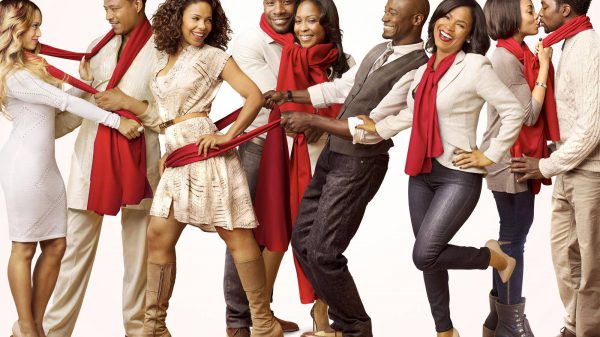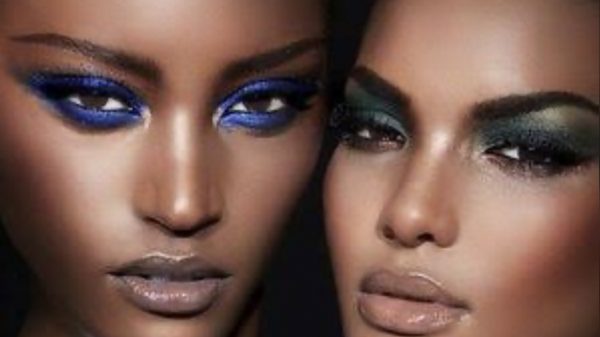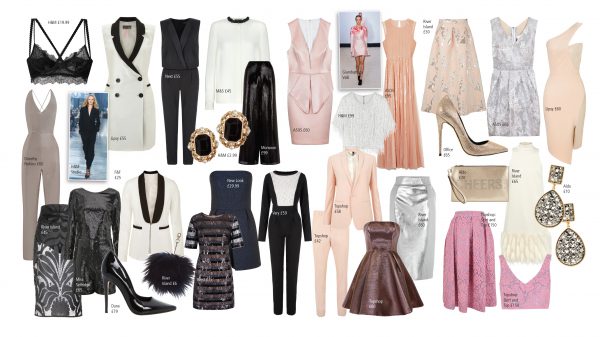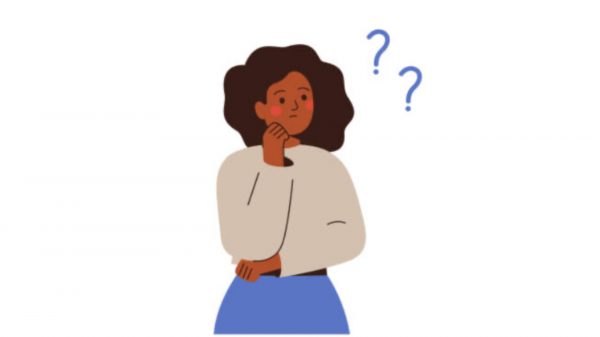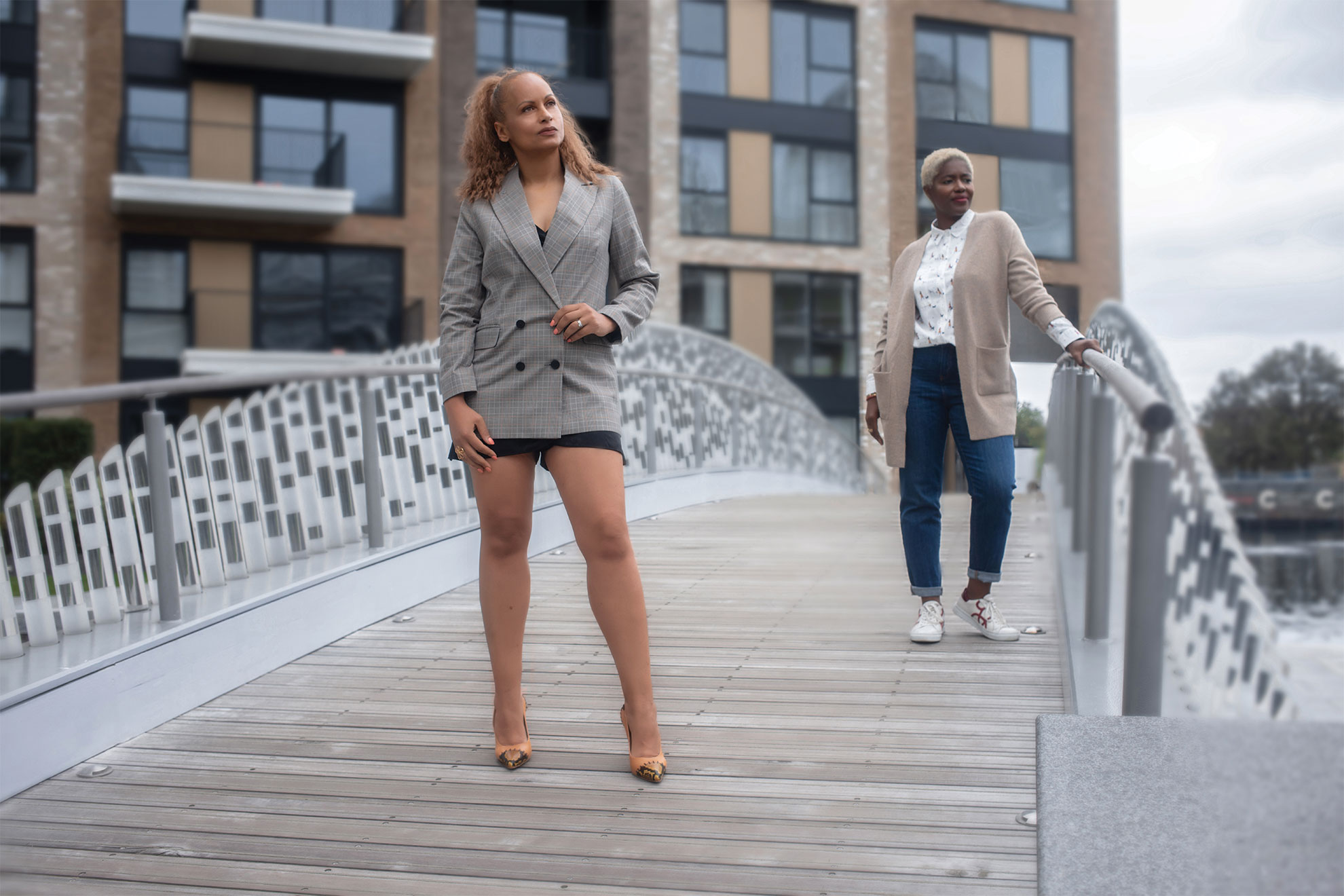When one talks about black American fashion, the street wear vibe typified by the rapper look of oversized jeans and branded sportswear with crisp white sneakers comes to mind for most and while this may be an over simplification, there is without doubt a clear style that comes to mind.
However Black British style is much harder to pin down. It is much more eclectic and is constantly evolving.
One thing is clear is that we have always had a sense of style. Just looking at the pictures of the arrival of Empire Windrush with the men suited and booted and the women all dressed in the Sunday best. It is quite clear that sartorially, first impressions have always mattered.
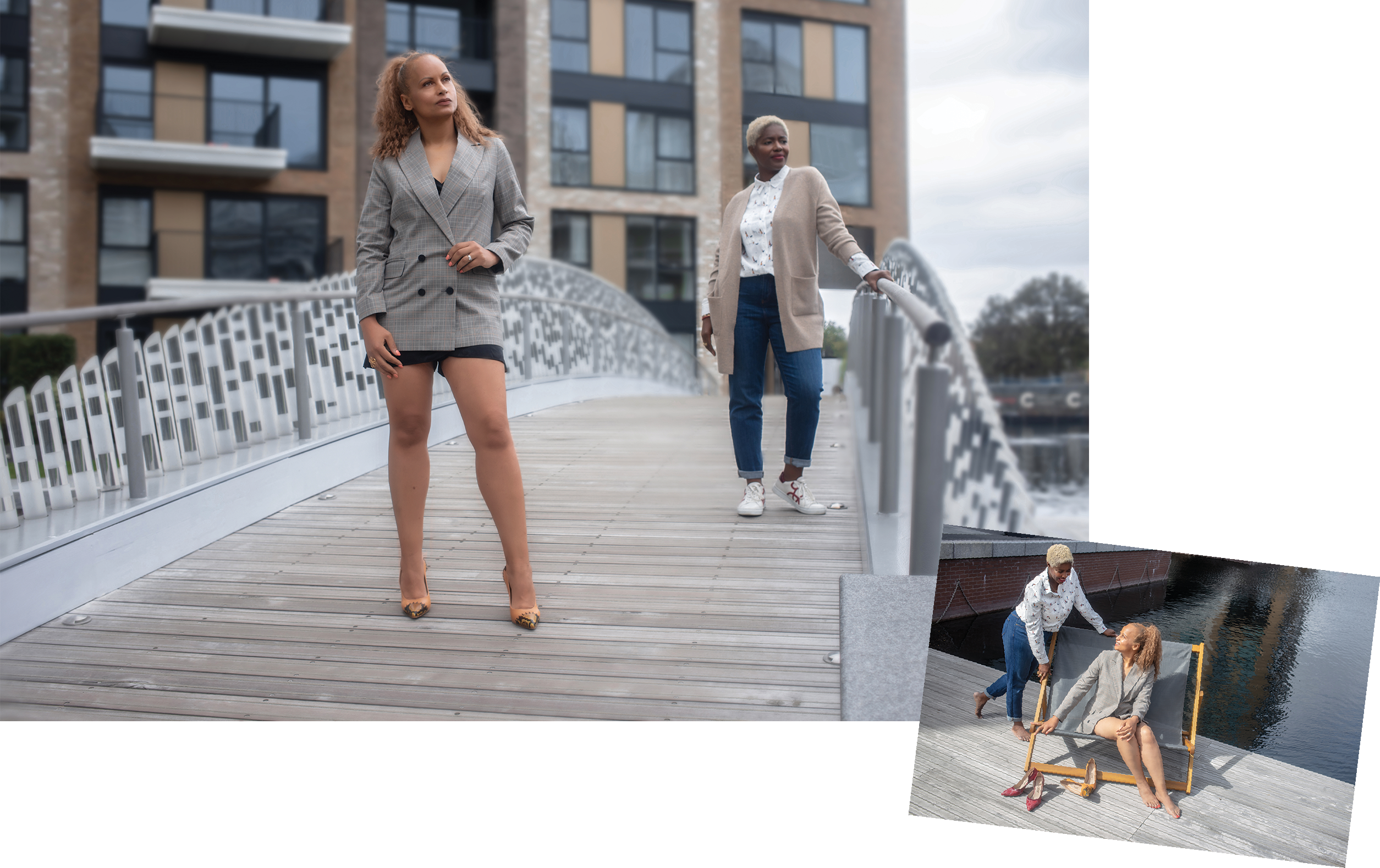
Over the years there has been a constant reincarnation of colours, shapes and textures that has been mined closely from our African and Caribbean heritage. From the flamboyance of the 70’s funk generation, to the Soul II Soul funky dred street look of the mid 80’s, transforming to the striking colours and sharp lines of Ozwald Boateng’s (Ghanaian inspired) suits of the 1990’s. And leading to Wale’ Adeyemi’s iconic graffiti collection which was featured in the Victoria and Albert museum, Black British style has been constantly evolving and continues to blend vibrant African and Caribbean prints and hues with modern European aesthetics.
Black British designers have often found that their heritage gives them a rich hinterland in which to interpret their designs while developing new lines and styles.
Two such designers are Shola Asante and Agnès Cushnie of Sante + Wade, who were nominated this year for Footwear Designer of the Year by Drapers. They found time to sit down with Pride to give us their insight on being Black female designers in the UK today.
Ladies what brought the two of you together to launch a shoes brand for women?
Shola: The brand was born from the frustration we had with the inability to find footwear we like and that fits. Being a size 8 with wide feet, I personally know the struggles many women have in this area. Agnès and I have been friends for so long, this gave us the opportunity to work together on a professional basis at the right time for both of us.
As partners how do you work together, do you collaborate on every element or do you have your individual responsibilities?
Agnès: When we started this journey, we had to work jointly on most aspects. We have now come to a point where we are comfortable to lead independently. Shola leads the product development process, while I am in charge of the marketing and go-to-market strategy. But we constantly bounce off each other with ideas on any aspect of the business. That is what’s great about having a partner.
So, how does your cultural heritage influence or impact on your designs and your business?
Shola: It definitely plays a part. I was born in Lagos and grew up in the UK, but my African heritage has definitely influenced my aesthetic. I love bold and bright colours, rich textures and patterns. We didn’t want to replicate African prints, but our background informs our design approach.
Agnès: I am of Caribbean descent, have spent the first part of my life in Paris and the second in London. My design aesthetic is influenced by a love for bold colours and modern architectural shapes. I found myself at home here because of the multicultural aspect of Britain and the freedom of expression i can easily take with fashion design.
Does ethical concerns play a role in your brand?
Agnès: Yes absolutely. Our relationship with suppliers incorporates objectives to meet in this area. For instance, we are committed to use packaging 100% recyclable, and are working towards other initiatives.
Shola: It’s important that this sits at the heart of our growth strategy, wherever the industry itself is and we are trying to find ways in which we can improve further using sustainable practices and sustainable materials. There is no end point. We keep evolving.
What has so far been your career high point and low point?
Shola: The high point was no doubt being nominated for four awards at this year’s Drapers Footwear Awards. This provided a real industry validation that we are doing something right.
The low point was before launching, having to re-do what would have been the debut collection. It taught me an important lesson. Development process is paramount and so is the need to work closely with factories. It’s not enough to be product focused, it’s important to be customer focused.
Apart from the normal tropes of working hard, and not giving up, what are the top three tips you would give any aspiring entrepreneurs who would like to emulate your success?
Agnès: The first piece of advice
would be to get a balance between having good people you can learn from and trusting your gut. Technical elements aside, there isn’t necessarily a right or wrong answer. A lot has to do with timing and your ability to express your vision to a clearly defined customer base.
I would also say, it’s important not to be afraid to be ambitious and put yourself forward. Fashion is a competitive business and you must find ways to differentiate yourself, so it’s important to be bold and believe in yourself.
Finally, I’d say that it’s important to consistently evolve. Like any creative business, it’s important to have a vision that evolves with the company. Customers’ needs evolve and it’s important to respond to them in order for them to feel valued and develop loyalty towards the brand.
https://www.sainsburys.co.uk/shop/gb/groceries/new—trending/black-history-month










